I divorced my husband 50 years ago. His dying has brought us back to a loving symmetry.
See the full piece on CoveyClub.

See the full piece on CoveyClub.
Listen to my interview about The Kitchen is Closed on the Preferred Company podcast.
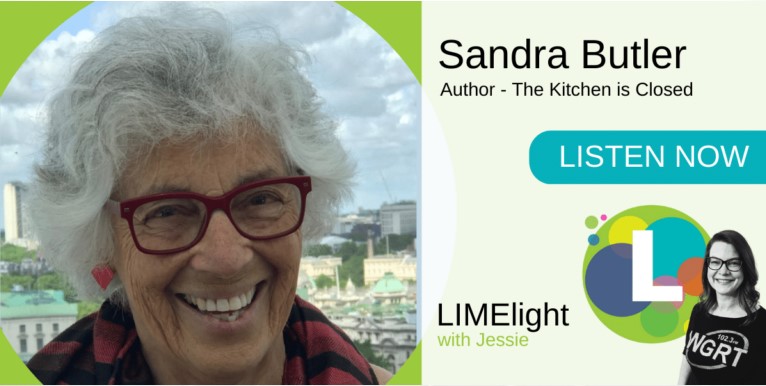
Listen to my interview with Jessie Wiegand of WGRT’s LIMElight on embracing oldness with acceptance and humor (and my recent book launch) here.
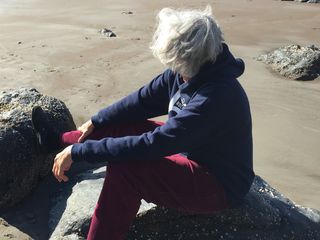
As aging women, the decisions we need to make about the closing down of our lives are both specific and yet filled with bewildering ambiguity. What are we leaving behind? Who inherits the artifacts that represent our lives? How and why have they been chosen?
When my father died, he left the money that had been accumulated to my mother. That was common then, and undoubtedly still is. But he didn’t leave me anything. I was a grown woman, in my forties, but I wanted something. His Masonic ring. His wristwatch. The ice skates he wore when we used to go to the rink on Sunday afternoons. I know I could have asked my mother for those objects and she would have happily given them to me. But I wanted him to be thinking about me as he made his final decisions. I wanted him to honor the unique ‘us-ness’ of our relationship. It’s not just a home and money that is left when a parent dies. It’s an acknowledgment of the memories, the history, the sense of continuity that death unearths and requires.
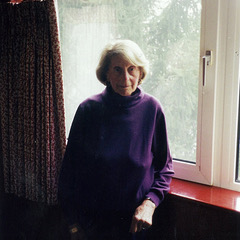
Dear Ma,
I miss you. There are so many things I want to tell you, so many conversations I didn’t know enough to have when you were still here. Sometimes I’ll put a picture of you on the side table and talk to you in my mind about what your granddaughters are doing in their lives, lives you never would have imagined for them. The one you feared would never be successful and able to make a living is thriving in work she loves. The other with a formal degree guaranteeing success has left the field she was trained for and moved into a more financially precarious world of caring for others. They live near one another now and after some awkward adjustments (you know how different they are!) have settled into a self-aware and accepting sisterhood. Neither of us ever would have imagined how their lives and their relationship have unfolded. All your fears were the wrong ones. Many of mine were too.

Congratulations to Sandra Butler and Nan Gefen for winning silver in the Psychology category of the 2018 Independent Book Publishers Association Awards for It Never Ends!

Women who came into adulthood during the 1960s and 1970s fought to have their voices taken seriously. The world was changing and women were changing right along with it. We learned to speak up, speak out, and say no when and where it was needed. We advocated for ourselves, moved ahead in the workplace as was possible, and had a sense of how to, as our grandmothers might have said, “stick up for ourselves.”
Yet in my interviews for It Never Ends: Mothering Middle-Aged Daughters, mothers invariably reported that they retreat to a self-protective silence when visiting their daughters. This was, they told me, the only intimate relationship in which they “walked on eggshells” or “held their tongues.”
Kate Raphael, host of Womens Magazine, interviews Sandra Butler on KPFA (April 2, 2018).
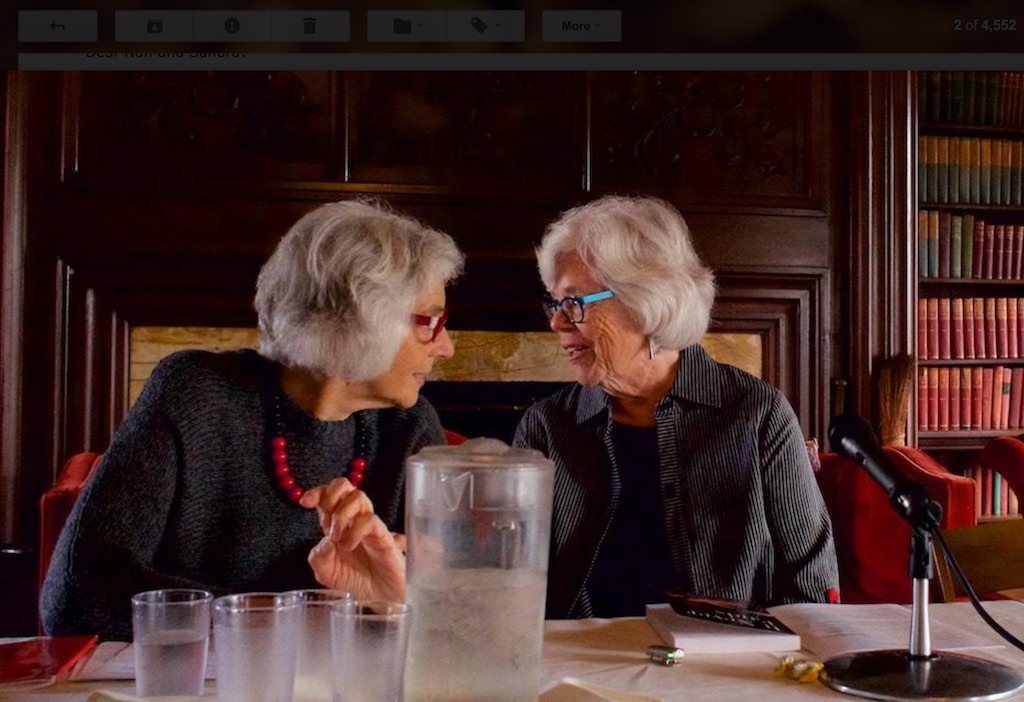
What do mothers over 65 have to say about their current mother-daughter relationships? Authors Sandra Butler and Nan Fink Gefen interviewed 78 mothers, ranging in age from 65-85, of varied backgrounds, family configurations, employment, education, racial identities, ethnicities, and sexual orientations. The authors listened as mothers recounted stories of the complex twists and turns of their mothering over time. The interactive presentation, facilitated by Ashby Village co-chair of the Arts and Culture program Marcia Freedman, was both touching and thought provoking, punctuated by knowing laughter and sighs of recognition from the audience.
Watch the full event online:
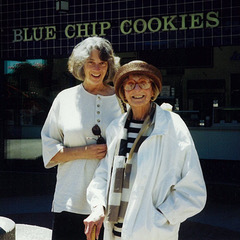
As women age and see the end of life more clearly than its midpoint, we and our daughters find ourselves engaging in a new and unfamiliar dance. Mothers pull to maintain their independence, while daughters push for their safety. While the dance is understandable and inevitable, the difference in intention can create stumbles and missteps.
Older mothers, as I came to understand after dozens of interviews for It Never Ends: Mothering Middle-Aged Daughters, want to keep their independence for as long as they are able, and to be the ones who determine when and how it should be relinquished. Yet their daughters are concerned about accidental falls, or pots left too long on the stove, and their mother’s physical well-being.